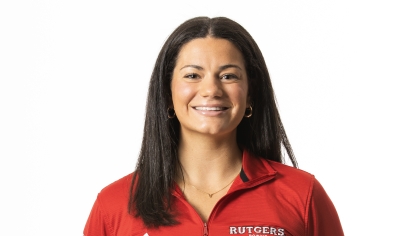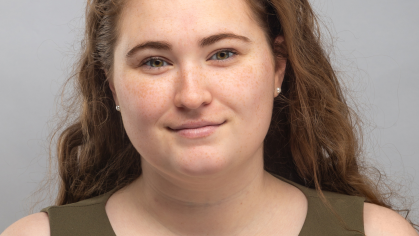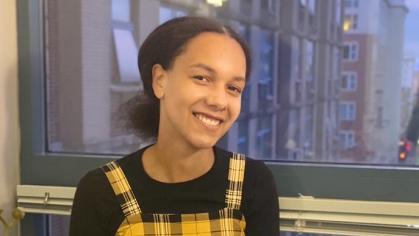BME Students to Receive FCC Radio Technicians Licenses

Taking and passing an optional grueling national four-hour FCC technician amateur radio license exam is a significant achievement for biomedical engineering (BME) students in BME professor Gary Drzewiecki’s Advanced Devices Lab class.
“Radio and wireless are becoming more and more prevalent in remote and wearable medical devices. Remote wireless monitoring devices use radio, as do hospital intensive care units. And it has become more common in home monitoring,” Drzewiecki says.
The MORE– Make Operating Radio Easier – Project for Amateur Radio trains students for their FCC licensing exam. Funded by the California non-profit Amateur Radio | Digital Communications (AR|DC) group, under the sponsorship of the Institute of Electrical and Electronics Engineers (IEEE), the project director is Dr. Rebecca Mercuri K3RPM, a past chair of the IEEE's Princeton / Central Jersey Section.
“I’ve been working with the MORE project for three years, but this is the second year I’ve offered their course as an option for my biomedical engineering students,” recalls Drzewiecki. “Last year I licensed 12 students who took the FCC licensing exam.”
This year, he reports that 24 additional students of his who took the early April test passed, with one student earning a perfect score.
“These students represented Rutgers BME very well,” Drzewiecki says. “There were 50 FCC examiners on the online exam from throughout the U.S., and they were very impressed with the training our students demonstrated.”
The MORE project covers all licensing and exam fees, as well as a $200 that the newly licensed students will receive around graduation in May.
“I was encouraged by Dr. Drzewiecki to take the MORE course and study for my FCC license – and I didn’t want to fail,” says senior BME major Judy Pavel, who is among the students who will receive their FCC licenses this year.
Since senior BME major Javier Perez, has focused on prosthetics and rehabilitation, he says, “I view acquiring the license unrelated to BME specifically.” He adds, “I really enjoy the ability to be able to communicate around the world in a moment’s notice, and value the usefulness of radio skills in emergency situations.”
A Big Plus for Students
According to Drzewiecki, the MORE project addresses the need for FCC-licensed students, as several California state schools, and the College of New Jersey (TCNJ) have made radio licensing mandatory in their engineering curricula.
“By providing this option to my lab students, we are hopefully staying ahead of the trend,” he says.
For School of Engineering BME students, the FCC radio license is a valuable toolkit skill. “It’s good for our students to have this license that they can include on their resumés, as it is a big plus when it comes to hiring,” he adds.


